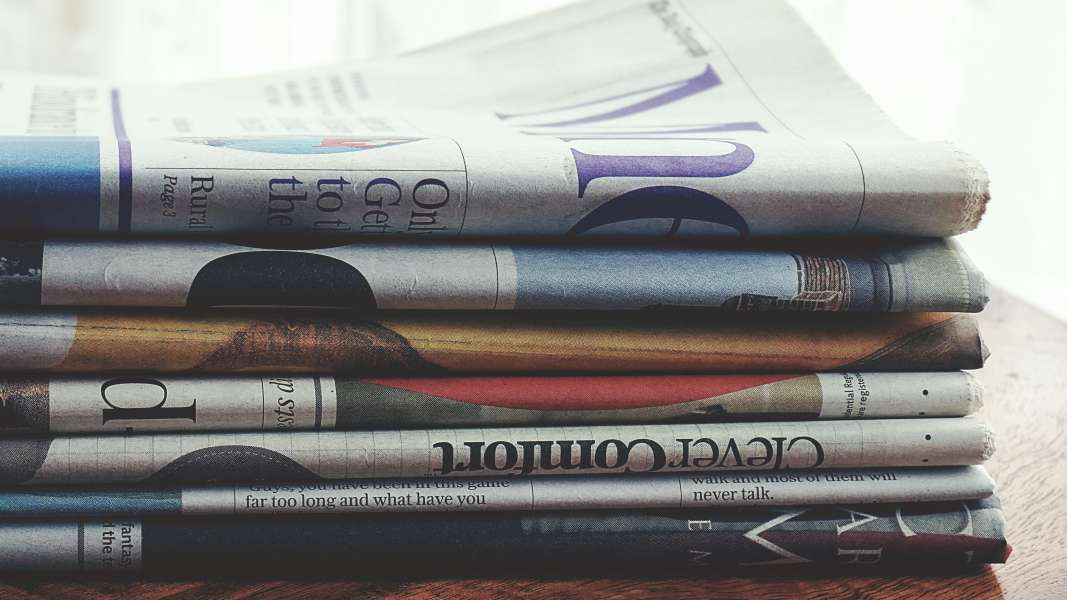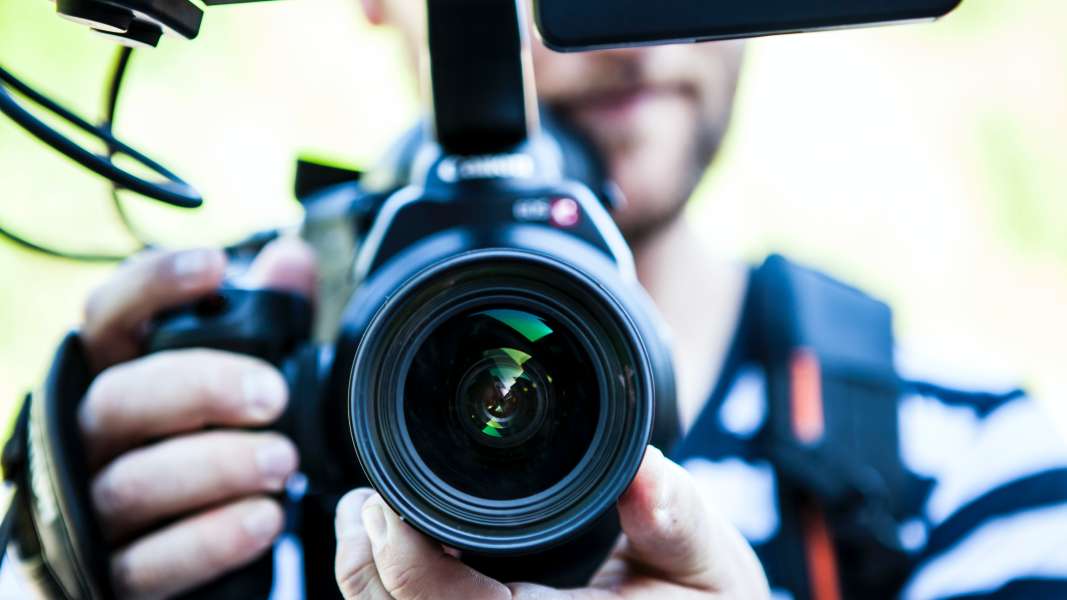What should I expect during a PR job interview?
PR job interviews can be grueling. You not only have to answer questions about your qualifications and experience, but you also have to present yourself in a way that is professional and likable.
An interview for a position in PR requires research and preparation. The goal is to demonstrate to the interviewer that you are the best candidate for the job.
In this article, we will discuss the Top 10 PR interview questions and how to answer them.
1. What experience do you have in the PR field?
The interviewer is bound to ask about your experience in the field.
If you don’t have any experience working in public relations, that’s okay. You can still highlight relevant experience, such as customer service or marketing. Just be honest about your level of experience.
Emphasize any relevant internships or volunteering experiences you have. Even if they’re not directly related to PR, they still show that you have some experience working with the public and handling communications.
Talk about what you’re passionate about in terms of PR. Maybe you love crafting media pitches or writing press releases. Whatever it is that gets you excited about the field will show your enthusiasm and help you stand out from other candidates.
2. What do you think makes a successful PR campaign?
There’s no right or wrong answer here, but the interviewer wants to see that you have a good understanding of what it takes to create and execute a successful public relations strategy.
In your answer, be sure to discuss the importance of setting clear objectives, developing a strategic plan, and having a dedicated team who can execute the plan flawlessly.
Also, touch on the need for ongoing measurement and evaluation to ensure that the campaign is on track and making progress toward its goals.
3. What are the most important qualities for a PR professional?
As you answer this question, make sure to include both personal and professional traits.
Here are seven qualities that every PR professional should have:
- The ability to strategically and come up with creative solutions on the fly.
- Strong writing and communication skills.
- Media relations expertise.
- The ability to stay calm under pressure and meet deadlines.
- A high level of organization and attention to detail.
- Creative problem-solving skills.
- The ability to work well in a team environment.
4. What are the most common mistakes companies make when it comes to public relations?
Again, there’s no right or wrong answer here, but you want to show that you have a solid understanding of what makes for a bad PR campaign.
Public relations is a complex and ever-evolving field, and even the most experienced professionals make mistakes.
To answer this question successfully you should:
Do your research: before the interview, make sure to research multiple companies and their PR practices. This will help you identify any potential areas where they may be making mistakes.
Be specific: when you’re asked this question, it’s important to be specific in your answer. Don’t just list off a bunch of general PR mistakes; provide examples to support your claims.
Offer solutions: in addition to identifying the mistakes companies are making, offer some solutions on how they can improve their PR strategy.
5. What are some of the challenges involved in managing a crisis communication situation?
A job in public relations is not all glamorous events and press releases. When disaster strikes, it is the PR professional who is responsible for communicating with the public.
The interviewer wants to know if you are aware of and can handle the many challenges involved in managing a crisis communication situation.
Here are some examples of challenges faced by PR professionals while managing a communication crisis:
Ensuring that all communications are accurate: in a crisis situation, information is often changing rapidly and it is essential to make sure that all communications are accurate and up-to-date.
Managing the expectations of the media and the public: it is important to be realistic about what can and cannot be communicated during a crisis situation.
Handling criticism: in a crisis situation, there will always be people who are unhappy with how the company is handling things.
6. What are the most important tools for any PR professional?
When you’re interviewing for a PR job, be prepared to answer questions about the tools you would use in the role.
Some of the most popular PR tools used by professionals today include:
Media databases: media databases help PR professionals keep track of journalists and influencers in their industry. This information can be used to pitch story ideas and connect with key media contacts.
Press release distribution services: press release distribution services help get your press releases into the hands of journalists who cover your industry. This can be a great way to get your company’s name out there and generate positive media coverage.
Social media monitoring tools: social media monitoring tools help PR professionals track what is being said about their company or clients online. Some of the more popular tools include Hootsuite Insights, Sprout Social and NetBase Quid.
7. How would you deal with negative press coverage?
You should be prepared to answer questions about how you would deal with negative press coverage during a PR job interview.
If you have never dealt with it before, be honest about that. Offer a proposed solution based on your general knowledge of PR principles, or you can even talk about other companies that handled negative press coverage explaining why you think their strategy was effective.
However, if you have dealt with it in the past, talk about how you handled the situation and what the outcome was.
Be positive and upbeat in your response. This is not the time to dwell on the negative or criticize yourself. Instead, focus on how you handled the situation and what you learned from it.
Don’t forget to emphasize that you are always looking for ways to improve and learn from your mistakes.
8. Tell us about a time when you had to deal with a difficult client or coworker. What did you do?
The interviewer is likely to ask about how you deal with difficult clients or coworkers. The purpose of this question is to assess whether you have the ability to resolve conflicts in a professional and efficient manner - a vital ability in the PR field.
Try to give a specific example of a time when you had to deal with a difficult client or coworker. This will show that you have experience dealing with challenging situations.
Explain what steps you took to resolve the issue. Be sure to emphasize that you were able to maintain a professional attitude and keep the situation from escalating.
Finally, stress that you were able to successfully resolve the issue. This will demonstrate that you’re capable of diffusing difficult situations and keeping clients happy.
9. How do you measure the success of your PR campaigns?
In today’s cost-conscious business environment, measurement is more important than ever before. So, the interviewer may ask how you measure the success of your PR campaigns.
To provide an efficient answer, emphasize that you always set clear and achievable goals for each campaign, so that you can accurately measure whether or not it was successful.
You should also highlight some of the key metrics you look at when evaluating a campaign’s success, such as media coverage, social media engagement, website traffic, and sales.
It is important to explain how you use this data to improve future campaigns and achieve even better results.
By emphasizing your ability to set and achieve goals, and highlighting some key metrics for success, you can show that you are ready to take on the challenge of measuring the success of PR campaigns.
10. Tell us about a time when you had to persuade someone to see things your way. What was the outcome?
As persuasion and communication are essential skills for any PR professional, you may be asked to talk about a time when you had to persuade someone to see things your way.
Think of an example from your professional experience in which you had to persuade someone. It could be a client, a coworker, or even your boss.
Then, describe the situation and why it was important that the person see things your way. Be sure to explain what you did and what the outcome was.
Don’t forget to emphasize your unique skills and qualities that helped you to successfully persuade the person.



